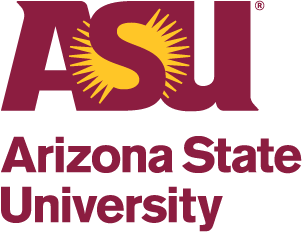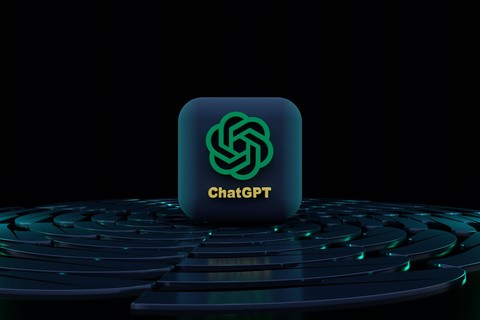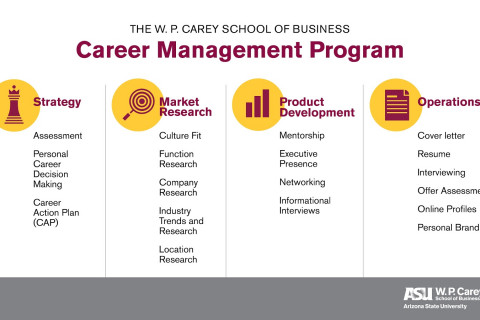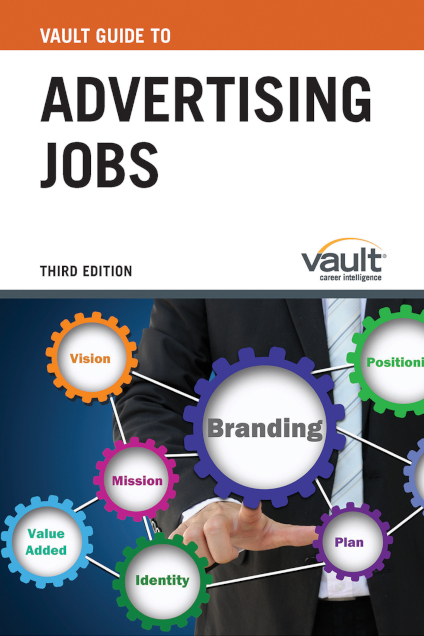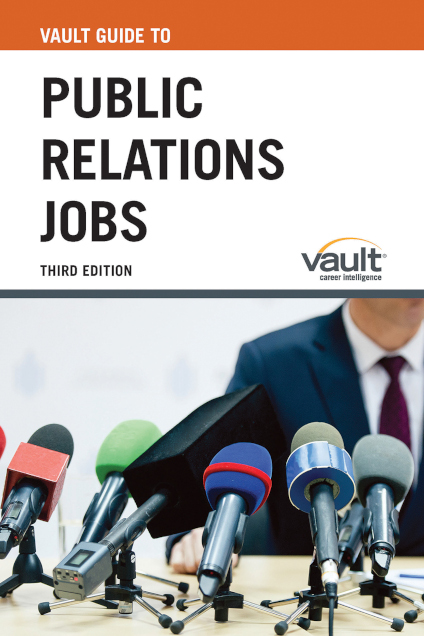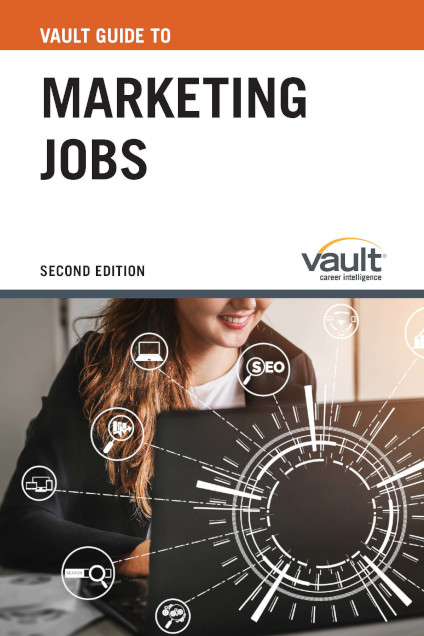Generative Artificial Intelligence (AI) has been around since the 1960’s but since the release of ChatGPT in November of 2022, it’s been a hot topic everywhere, including the career space. It’s no secret that students are using generative AI to …
Marketing
Watch this transformative webinar titled “The AI Advantage: B2B Marketing with a Generative Twist,” where Scott Swigart, the Senior Vice President of the Technology Group at Shapiro + Raj, will guide you through the profound impact of Generative AI …
When you think of marketing, you might think of online surveys that ask for your opinion on your shopping experience. While that’s one type of marketing, there are many other ways that businesses and organizations market themselves. Social media, search …
We know that too many students think that the work of finding a job out of business school is simply about writing resumes and hoping to land interviews. We also know that the process can be overwhelming and feel like …
Welcome back to a new semester! I hope you had a wonderful break. As you jump back into the swing of things, here are some key career-related items to keep top-of-mind:
Career Services Center wants to partner with you as …
